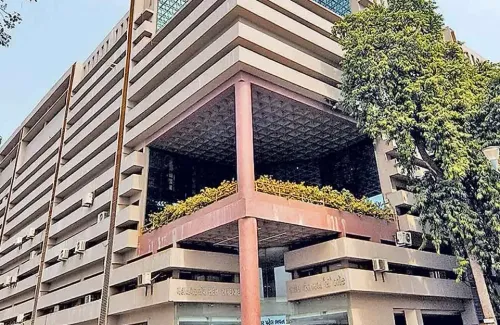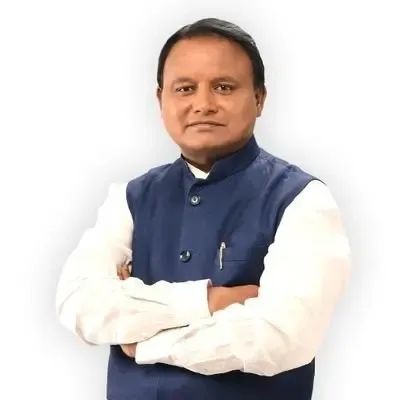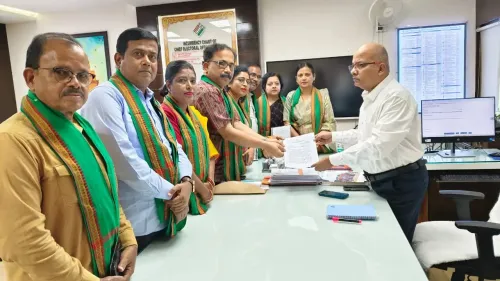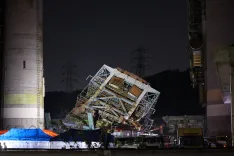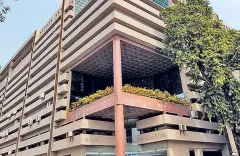Should the Centre Engage in Talks with Kuki Militant Groups?
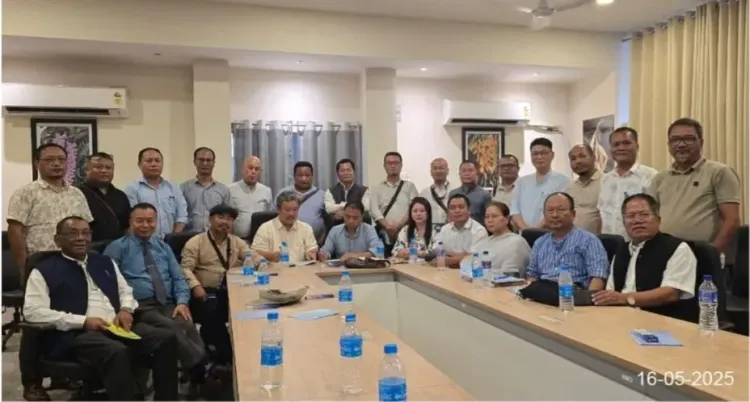
Synopsis
Key Takeaways
- MLAs and civil society leaders from Kuki-Zo communities in Manipur meet in Guwahati.
- They urge the Central government to resume discussions with Kuki militant groups.
- The Suspension of Operation (SoO) agreement was previously established in 2008.
- Ethnic violence has led to significant loss of life and displacement.
- Community leaders demand a separate administration for tribal areas.
Guwahati/Imphal, May 17 (NationPress) In a pivotal turn of events, several MLAs and leaders from the Kuki-Zo communities in Manipur convened a significant meeting in Guwahati on Friday, urging the Central government to reinitiate discussions with the Kuki militant groups with whom the government had previously entered into a Suspension of Operation (SoO) agreement, as reported by sources.
A declaration made post the Guwahati meeting indicated: "The joint assembly of the MLAs, Civil Society Organisations (CSOs), and SoO groups on Friday in Guwahati resolved that until the Indian government recommences meaningful political discussions with SoO groups, the CSOs and elected representatives will cease all engagement with the Indian government or its delegates."
The United Peoples' Front (UPF) and Kuki National Organisation (KNO), which constitute a coalition of 23 underground factions, signed a SoO with the Central government on August 22, 2008, resulting in 2,266 Kuki militants residing in various designated camps across Manipur.
During the time of the SoO's signing, the Congress party was in power in Manipur.
A tribal leader revealed that the prominent MLAs and community leaders at the Guwahati meeting assessed the current situation in Manipur.
"The demand for a separate administration or the establishment of Union Territories encompassing tribal-dominated regions remains our fundamental issue," stated a tribal leader to IANS, requesting anonymity.
However, the tribal leader refrained from revealing additional decisions made during the meeting.
Following the imposition of President's Rule in violence-affected Manipur, conditions in both the Meitei-dominated valley and tribal-inhabited hill districts are gradually stabilizing.
No significant ethnic incidents have been reported across the state in the last three months of President's Rule, which was enacted by the Centre on February 13, just four days after N. Biren Singh resigned from the Chief Minister's position.
The 60-member Manipur Assembly, currently under suspended animation following the implementation of President's Rule, has a tenure extending until 2027.
As of March 6, approximately 1,000 looted and illegally held firearms, including numerous sophisticated weapons, along with a substantial amount of ammunition, have been returned to security forces since Governor Ajay Kumar Bhalla urged for their return on February 20.
The first effort to recover looted and illegally held arms commenced on May 31, 2023, when former Chief Minister Biren Singh called on all parties to surrender firearms taken from security forces and police armories.
Officials reported that prior to Biren Singh's resignation on February 9, a total of 3,422 firearms had been voluntarily returned to authorities and police stations across various districts.
Various official reports and political parties indicated that during the ethnic riots that erupted in Manipur on May 3, 2023, more than 6,020 diverse types of sophisticated arms and numerous rounds of ammunition were seized from police stations and outposts by mobs, attackers, and militants.
The Meiteis represent about 53% of Manipur's population, primarily residing in the Imphal Valley.
Tribal groups, including Nagas, Kuki-Zo-Hmar, make up over 40% and inhabit the hill regions.
Since May 2023, more than 260 lives have been lost and thousands displaced amidst ethnic strife between the Imphal Valley-based Meiteis and hill-based Kuki-Zo communities.

